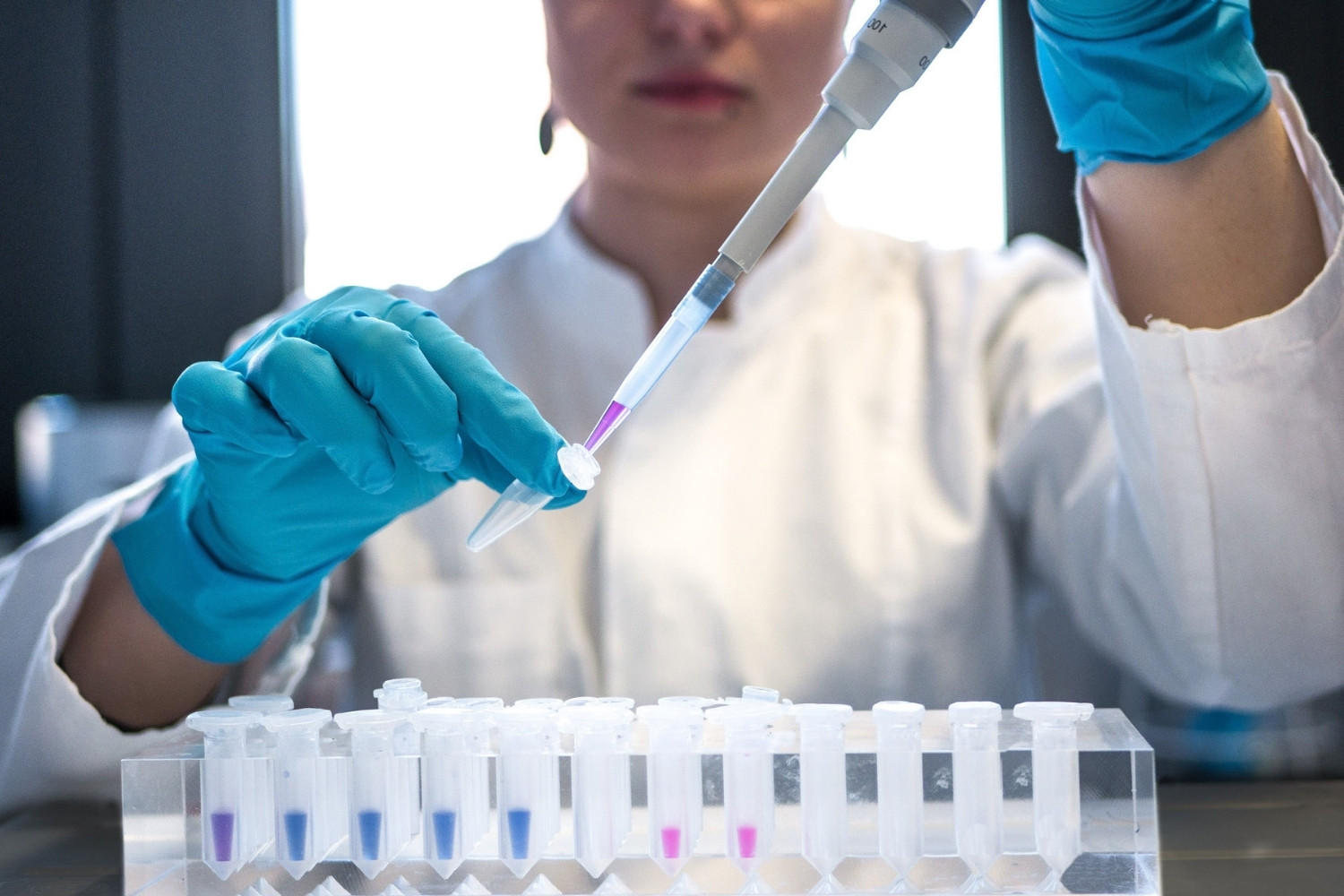
Industrial microbiology is a fascinating field that combines biology, engineering, and chemistry to harness the power of microorganisms for industrial processes. Did you know that microbes play a crucial role in producing everyday items like antibiotics, vitamins, and even biofuels? This branch of science isn't just about brewing beer or making yogurt; it extends to creating sustainable solutions for waste management and pollution control. From genetically engineered bacteria that clean up oil spills to yeast strains that boost bioethanol production, industrial microbiology impacts various industries. Curious about how these tiny organisms can make such a big difference? Let's dive into 35 intriguing facts that highlight the importance and versatility of industrial microbiology.
What is Industrial Microbiology?
Industrial microbiology involves using microorganisms to produce valuable products or carry out specific processes. This field combines microbiology, biotechnology, and engineering to create everything from antibiotics to biofuels.
- Industrial microbiology uses bacteria, fungi, and yeast to produce antibiotics, enzymes, and other products.
- Penicillin, the first antibiotic, was discovered by Alexander Fleming in 1928 and mass-produced using industrial microbiology techniques.
- Industrial microbiologists often work with genetically modified organisms (GMOs) to enhance production efficiency.
- Fermentation, a key process in industrial microbiology, converts sugars into alcohol, gases, or acids using microorganisms.
Applications in Medicine
Microorganisms play a crucial role in developing medicines and vaccines. They help produce antibiotics, hormones, and other therapeutic agents.
- Insulin, used to treat diabetes, is produced using genetically engineered bacteria.
- Vaccines for diseases like hepatitis B are created using yeast cells.
- Industrial microbiology helps produce monoclonal antibodies, used in cancer treatment.
- Streptomycin, an antibiotic used to treat tuberculosis, was discovered through industrial microbiology.
Environmental Impact
Microorganisms can help clean up the environment by breaking down pollutants and waste products. This process is known as bioremediation.
- Oil spills can be cleaned up using bacteria that digest hydrocarbons.
- Wastewater treatment plants use bacteria to break down organic matter.
- Certain fungi can degrade plastics, reducing environmental pollution.
- Microorganisms are used to treat industrial waste, making it less harmful to the environment.
Food and Beverage Industry
Microorganisms are essential in producing many foods and beverages. They help ferment products, enhancing flavor and preserving food.
- Yeast is used to ferment sugars in bread, beer, and wine production.
- Lactic acid bacteria ferment milk to produce yogurt and cheese.
- Soy sauce and miso are made using fungi like Aspergillus oryzae.
- Probiotics, beneficial bacteria, are added to foods to promote gut health.
Agricultural Applications
In agriculture, microorganisms help improve soil fertility and protect crops from pests and diseases. They play a vital role in sustainable farming practices.
- Rhizobium bacteria fix nitrogen in the soil, helping plants grow.
- Bacillus thuringiensis (Bt) produces toxins that kill insect pests, reducing the need for chemical pesticides.
- Mycorrhizal fungi form symbiotic relationships with plant roots, enhancing nutrient uptake.
- Biofertilizers containing beneficial bacteria and fungi improve soil health and crop yields.
Industrial Enzymes
Enzymes produced by microorganisms are used in various industries, from laundry detergents to biofuels. These enzymes speed up chemical reactions, making processes more efficient.
- Amylase, produced by bacteria, breaks down starches in laundry detergents.
- Cellulase, derived from fungi, helps convert plant biomass into biofuels.
- Proteases, used in the food industry, break down proteins in meat tenderizers.
- Lipases, produced by microorganisms, are used in the production of biodiesel.
Biofuels and Renewable Energy
Microorganisms can convert organic materials into biofuels, providing a renewable energy source. This process helps reduce reliance on fossil fuels.
- Algae can produce biofuels like biodiesel and bioethanol.
- Methanogenic bacteria produce methane gas, used as a renewable energy source.
- Microbial fuel cells use bacteria to generate electricity from organic waste.
- Industrial microbiology helps develop more efficient biofuel production methods.
Challenges and Future Prospects
While industrial microbiology offers many benefits, it also faces challenges. These include ensuring safety, managing waste, and improving efficiency. The future holds exciting possibilities for this field.
- Developing GMOs raises ethical and safety concerns.
- Waste management in industrial microbiology processes needs improvement.
- Research is ongoing to create more efficient and sustainable production methods.
- Advances in synthetic biology could revolutionize industrial microbiology.
Fun Facts
Industrial microbiology has some surprising and fun aspects. These lesser-known facts highlight the diversity and potential of this field.
- Some bacteria can produce bioplastics, offering an eco-friendly alternative to traditional plastics.
- Microorganisms are used to produce flavors and fragrances for the food and cosmetic industries.
- Certain fungi can produce pigments used in natural dyes for textiles.
The Final Scoop on Industrial Microbiology
Industrial microbiology is a game-changer in many fields. From producing antibiotics to brewing beer, it’s everywhere. Microorganisms are tiny powerhouses that help create products we use daily. They’re involved in food production, pharmaceuticals, and even biofuels. This field is constantly evolving, with new discoveries and applications popping up all the time.
Understanding industrial microbiology can open doors to innovative solutions for global challenges. It’s not just about science; it’s about improving lives and the planet. Whether you’re a student, a professional, or just curious, knowing these facts can give you a new appreciation for the microscopic world.
So next time you enjoy a cold beer or take medicine, remember the tiny microbes working behind the scenes. Industrial microbiology is a fascinating field that’s making a big impact. Keep exploring, stay curious, and who knows what you might uncover next!
Was this page helpful?
Our commitment to delivering trustworthy and engaging content is at the heart of what we do. Each fact on our site is contributed by real users like you, bringing a wealth of diverse insights and information. To ensure the highest standards of accuracy and reliability, our dedicated editors meticulously review each submission. This process guarantees that the facts we share are not only fascinating but also credible. Trust in our commitment to quality and authenticity as you explore and learn with us.
